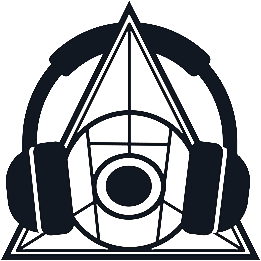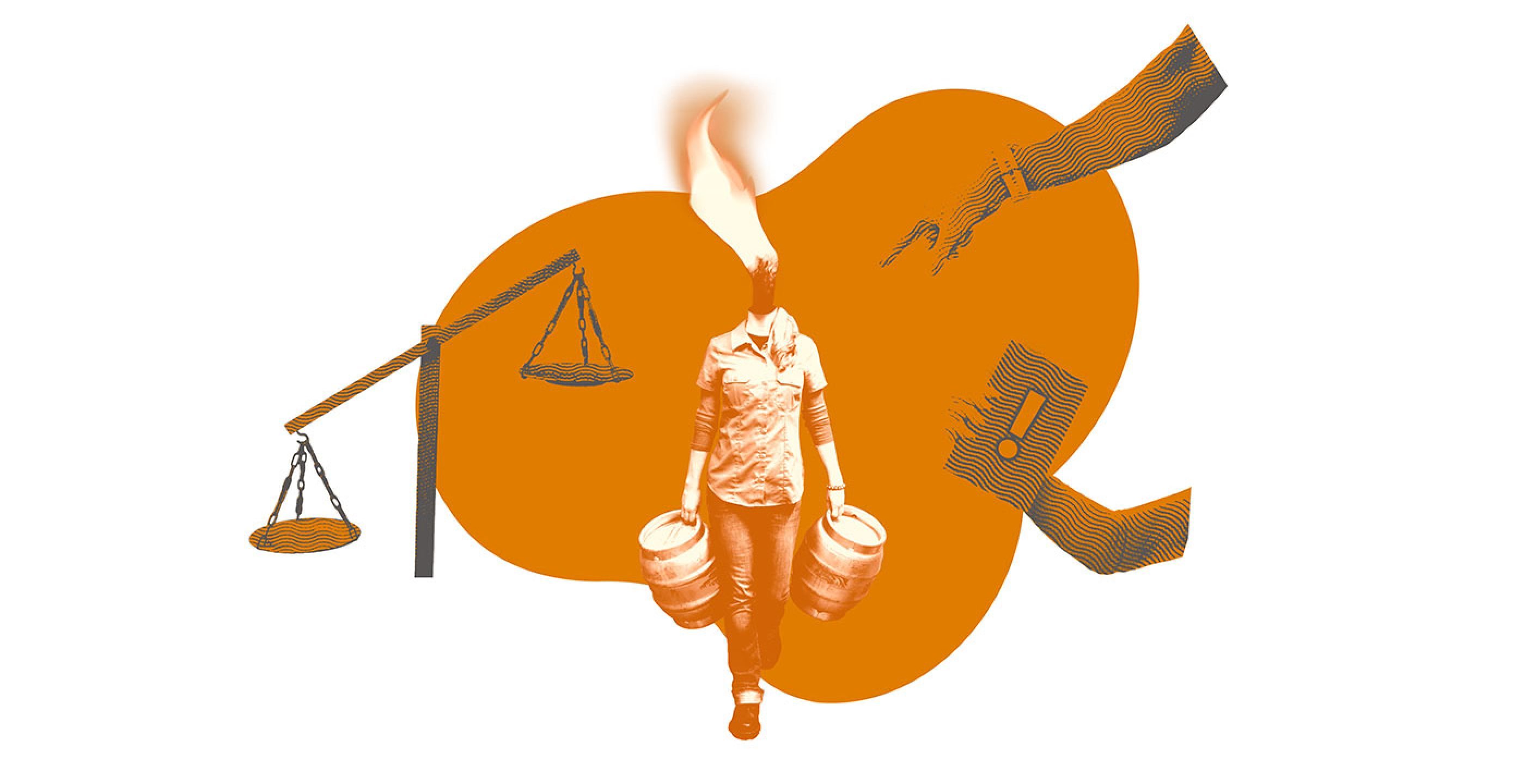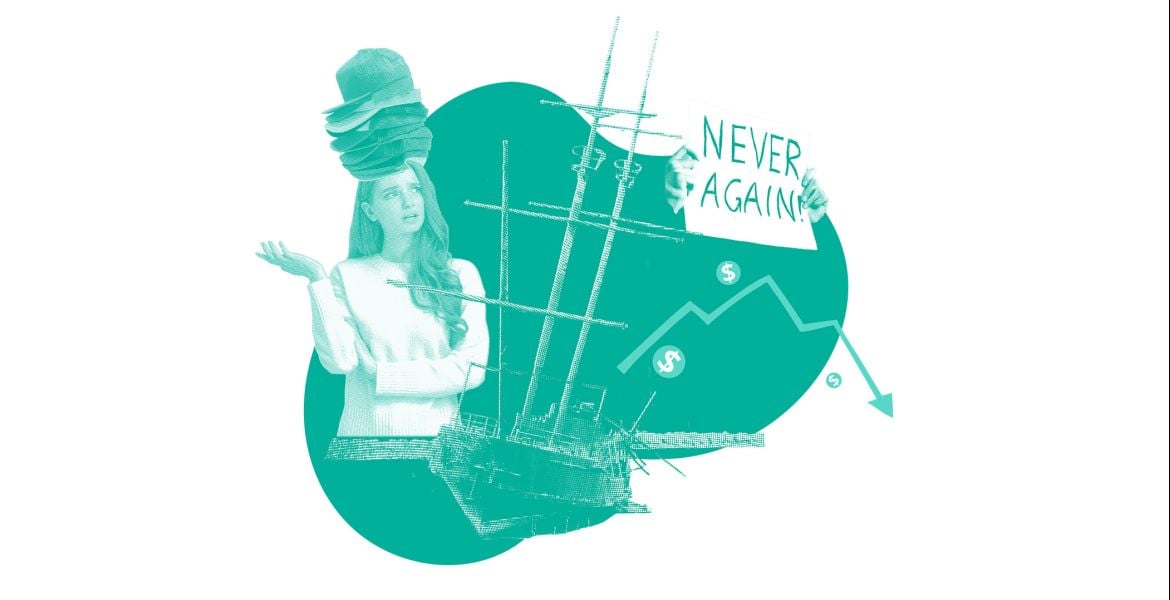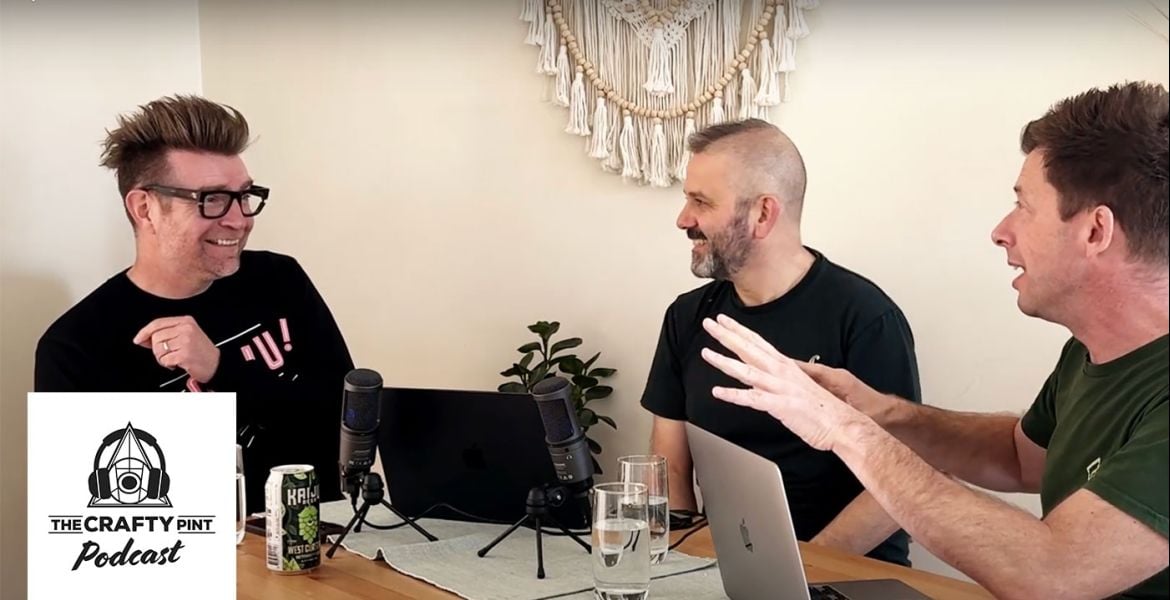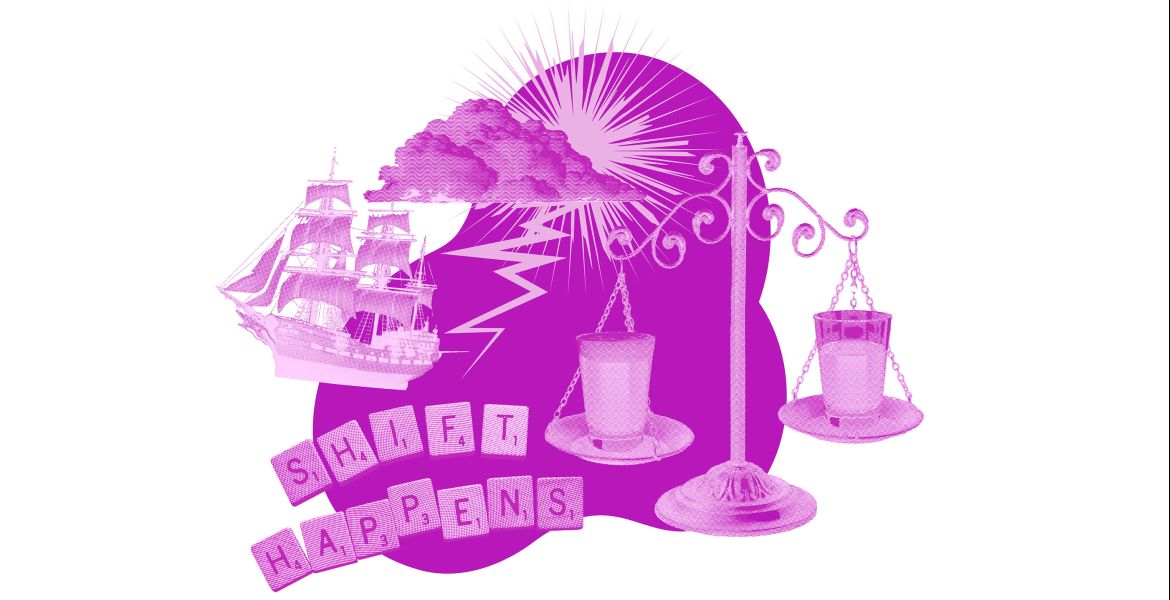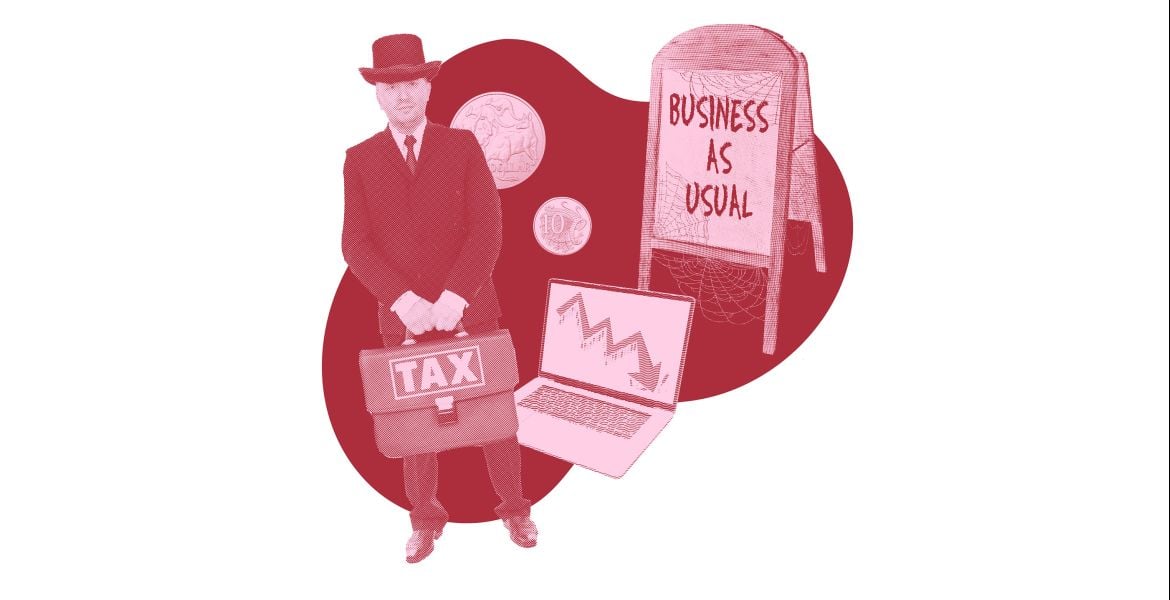“I paid my fair share of passion tax. It’s that keen interest that people have that leads them to work in the industry and it becomes incredibly difficult to separate yourself.”
Michael* started working at a brewery in 2015 after developing a serious interest in craft beer over many years in which he'd brewed at home and even started a local club of brewers. As interest in his manufacturing job waned, he decided it was time to follow his dream.
“I was getting pretty bored with that sort of work – doing what I was doing with my eyes closed and no love or passion for it,” he says.
He found work at a craft brewery owned by one of Australia's two major foreign-owned brewing companies but, over time, the dream started to sour as he began to experience burnout. Despite being employed within a large business, he says this was driven in part by how tightly teams were managed, with brewers often working beyond their job descriptions.
“You start doing extra things because you enjoy it but then, years down the track, you’re not enjoying it, but you feel obligated to do it,” he says.
Making matters worse were the unsociable hours that came with shift work and the nature of brewing; for example, if the shift after his couldn’t be filled, he’d stick around.
“If you have a stuck mash and you get to five o’clock, you can’t just go, 'This is for tomorrow.' I had this sense of obligation because I didn’t want to put out a shit product,” he says.
Ultimately, he felt unable to take sick days or personal leave to look after his family.
“If I rang up in the morning and said I wasn’t coming in, all that means is the person I’m meant to be taking over from is there until later. And I just couldn’t do that.”
Michael is one of several people that reached out to The Crafty Pint on the back of an article on burnout in the US beer industry. Their stories form the basis for this look at how the issue is impacting the industry in Australia.
What Is Burnout?
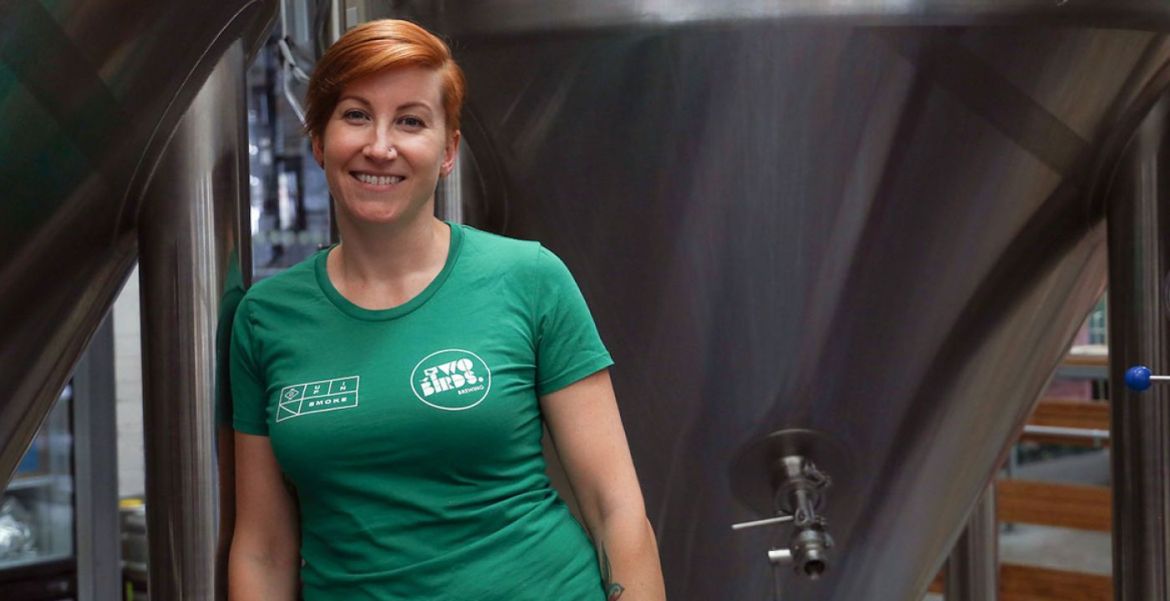
According to brewer, brewery founder, coach and consultant Jayne Lewis, of Full Colour Life, the love of beer and a desire for perfectionism shared by many in the brewing industry is often a driver of burnout.
“People will often allow work to take a large slice of their life because they are passionate and really feel like they want to get the job done because they love the output or the industry,” she says.
“I don’t think it’s just breweries, it’s a lot of industries where people really care about what they do and they do the work because they love it.”
As well as passion, she cites a number of other causes of burnout that are relevant to working in beer.
Causes of burnout:
- Lack of control: Feeling unable to influence decisions related to your job or not having the necessary resources, whether that’s money, people or equipment.
- Unclear job expectations: When job expectations or expectations of managers are unclear or overly demanding, it can have a negative impact.
- Lack of recognition: Not receiving acknowledgment or rewards for your efforts and good work can contribute to burnout – pizza parties and dinners only go so far.
- Monotonous or Unchallenging Work: Doing repetitive or unstimulating tasks can contribute to burnout.
- Chaotic or High-Pressure Environment: Working in a disorganised or high-stress setting can be a cause.
- Dysfunctional Workplace Dynamics: Office conflicts, micromanagement, and a lack of support can contribute to job stress.
- Lack of Social Support: Feeling isolated at work and in your personal life can increase stress and burnout.
- Work-Life Imbalance: When work takes up too much of your time, it can lead to feelings of imbalance that can impact you and those around you.
- Personality Traits: Certain personality traits, such as perfectionism, pessimism and a strong need for control can make individuals more prone to burnout.
Being surrounded by alcohol can increase risk too, particularly when many spend their week making beer then roll straight into weekends where they could be working at events.
“The booze element always has to tie into it," Jayne says. "We have an industry where drinking is so closely related to what you do.”
She speaks from experience: when she was experiencing burnout, she says it caused her to feel disconnected, with recovery taking many months.
“I felt like a ghost,” she says. “Like a shadow, just floating through the world, not even touching the ground. Like the tiniest whiff of wind would just blow me away.
“I was irritable. I lost interest in everything that had brought me joy and I just felt so worn down. The next thing that anyone asked me for would be the thing that would literally break me."
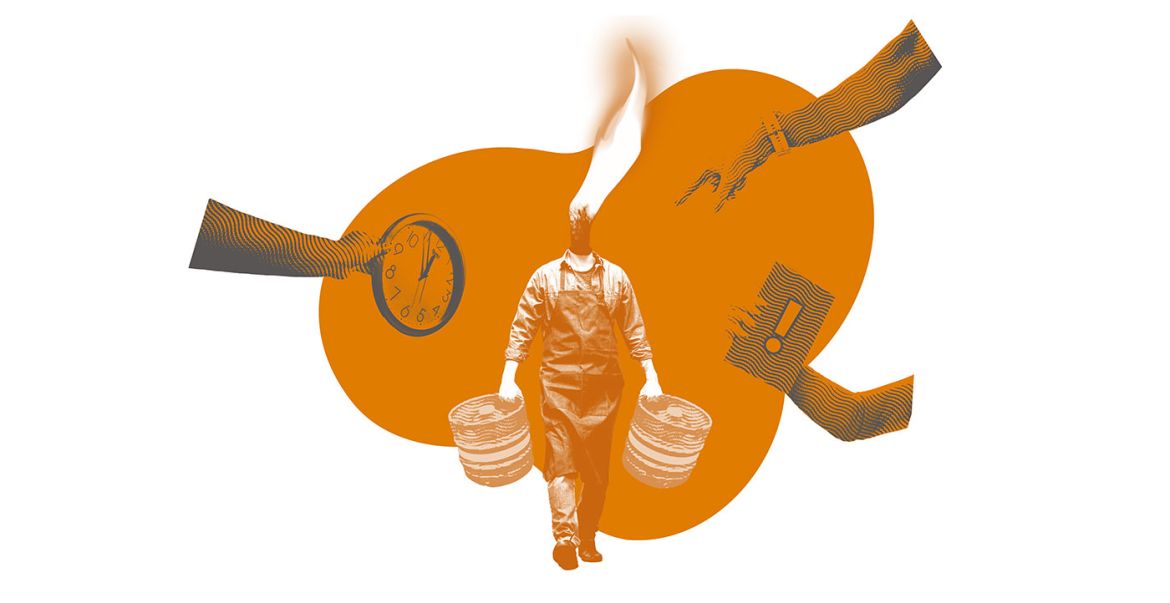
In early 2022, after around six years working in craft beer and several frank conversations with his wife, Michael left the industry. In the year leading up to his departure, he had started feeling disillusioned and resentful of the wider workplace and his colleagues.
“I lost my empathy for the challenges any other department was having,” he says. “I developed that really toxic mentality of, ‘I’m not getting paid enough to do this. It’s out of my job description as a brewer.’”
His love for beer would lead him to throw himself at the job; over time, he developed an unhealthy work-life balance.
“Upon reflection, because I enjoyed what I was doing so much, I would put that before my family," he recalls. "I just wasn't around. If I was at home, I was either sleeping or just annihilated.”
Another issue impacting him was a disparity in pay rates that developed over his time as a brewer. As the industry expanded, and more businesses were looking to hire experienced brewers, he says: "What slowly came out was that I was getting paid significantly less than those I was training and mentoring who were hired later than me.
“I was part of hundreds of applicants and, by the time I left, they were struggling to fill a brewer role with someone who had any sort of experience.
When word spread that he was leaving, a few independent breweries approached him but he couldn't see how life would be any different. He's still working in manufacturing, but in a different industry and type of role, and says when it’s time to clock off, he does so straight away – off home to see the family, or maybe hit the homebrew kit and enjoy a beer.
“The good news is I’ve really learnt to prioritise my wellbeing at work,” he says.
Breaking Point
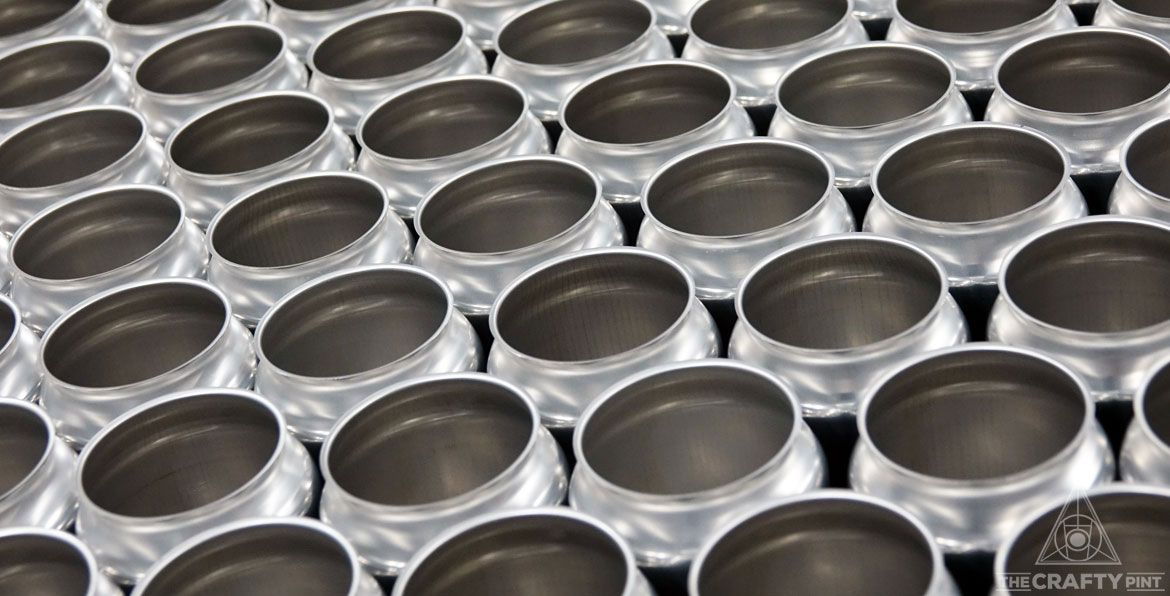
Katherine* has lost interest in going to a brewery, a pub or even drinking craft beer. Over more than three years, she worked in packaging for a number of breweries; having since changed industries, she looks back on that time as a period of exhaustion and poor treatment.
By starting as a casual employee, she says there was an expectation to go above and beyond your role, often without a lunch break, or a break of any kind. Shifts could at times approach nine or ten hours.
“It was long hours on machinery without breaks,” Katherine says. “Which is actually a bit dangerous – it requires concentration.”
As someone new to the industry, she was eager to show she was capable of doing the work but surprised by the expectations on staff.
“At the end of the day, it's food production,” she says. “You want to do good work, you don't want to rock the boat.”
At one stage, the sense of burnout was so strong she says: “I almost had a nervous breakdown. And I thought, 'You know, I can't go to work, I can't do it.'
“So I took a day.”
She believes lower pay and limited pathways for career progression – despite studying in her own time – contributed to the burnout, a situation Jayne acknowledges too.
“There aren’t that many levels in a brewery,” Jayne says. “There often is a ceiling there of some description because the next step up is the owner.”
Katherine adds that it wasn’t clear where to turn for workplace issues beyond her direct manager, and she wasn't sure they would action her concerns: “There’s no avenue for reporting or accountability.”
Michael makes a similar point: his employer had structures in place for leave, but he didn’t feel he could take time off even in an emergency.
“I don’t know what would have happened if I had have said, ‘I'm not coming in for a week’,” he says.
By the time Katherine was at her third and final brewery, she was constantly thinking about leaving the industry.
“Every place I worked, by the end I didn't want to be there; I didn't want anything to do with it,” she says.
Ultimately, production started slowing and she was told said there might not be much work going forward. Rather than being concerned about losing a job, Katherine felt a sense of relief.
“I was driving home,” she says, “and I just thought, ‘Thank god this is almost over.’
"It was a blessing.”
The Long Unwinding Road
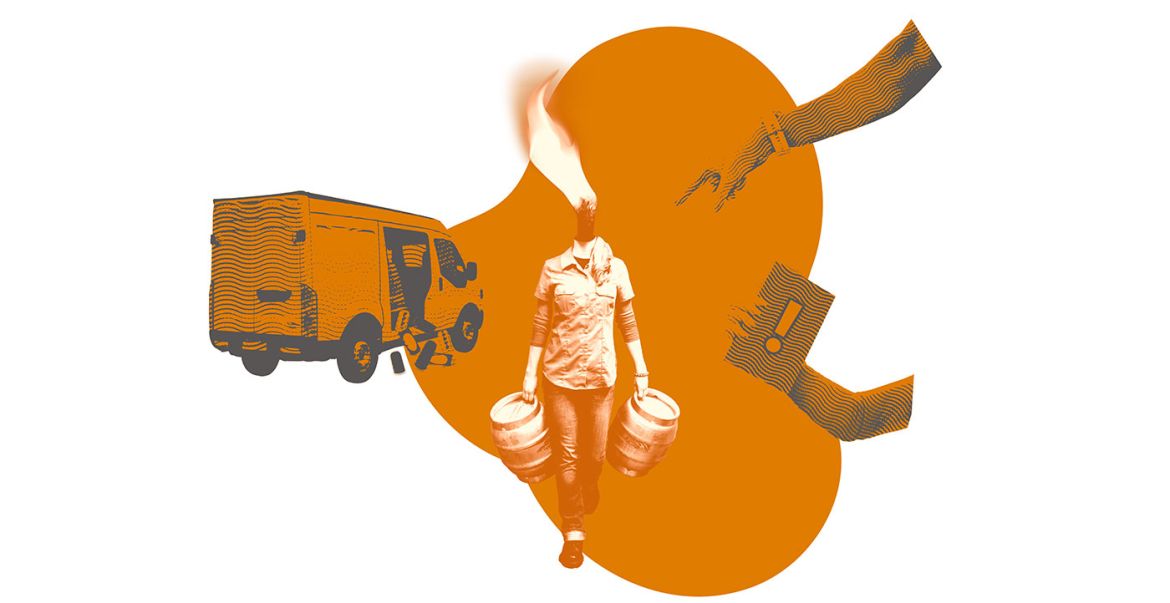
“It was just a feeling of dread that I had to go there again coupled with the idea that I might not make it home. That’s such an emotional toll.”
After leaving a place he’d worked at for half a dozen years, Tony* started applying for other roles in beer but quickly saw similarities in the hours workers were putting in and the unsafe practices within which they operated.
“I thought it was just my brewery that acted like that,” he says. “But then when I started applying at other breweries, it was just as prevalent.
“There is an expectation in small breweries because owners put in huge hours and they see it as the way it’s done.”
Katherine paints a similar picture, one in which workaholic business owners don’t understand the harm they're doing to their employees. She worries it might not be resolved until a major safety incident occurs but suggests a positive step forward would be if breweries understand that growth isn’t, and doesn't need to be, infinite.
“I think the industry needs to start policing itself better,” she says. “Places have to slow down.”
During his time in the industry, Tony says expectations around long hours and bad pay were so common that people would talk about it openly during industry events – and not just between sessions over a beer.
“I used to go to the conferences and people would be onstage talking about how we’re in the industry because we love it and the pay is going to be shit with long hours,” he says.
“That’s within a presentation experienced brewers are giving us, so it felt like we were being set up to put up with this stuff.
“You can only do that for so long.”
Production teams aren’t alone in that regard. Phil* says conversations about burning through reps happen regularly – something that was particularly acute in craft beer’s early days.
“The old conversation for reps is every 12 months you wear a new t-shirt,” he says.
“There used to be so much movement in this industry because reps were getting burned out by the expectation on them, a lack of investment in them, and just the poor working conditions.”
Phil has now spent more than a decade working in craft beer and says new reps are a prime target when it comes to being overworked.
“A lot of people in the industry come from either hospitality or retail backgrounds where the pay is shit, you work bad hours, and you work for bad people,” he says.
In the industry’s earlier days, he believes brewery owners might not have fully recognised the expectations they were putting on their staff, given they had started businesses with no real experience. Yet he says it still happens and, for some breweries, it’s a business model.
“They’ve just got used to this churn and burn style of employment where they’ll work someone to the bone and dispose of them and bring someone else in to do it again,” he says.
“They’ve utilised the sheer love and passion people have for the industry to subsidise the cost of running a business.”
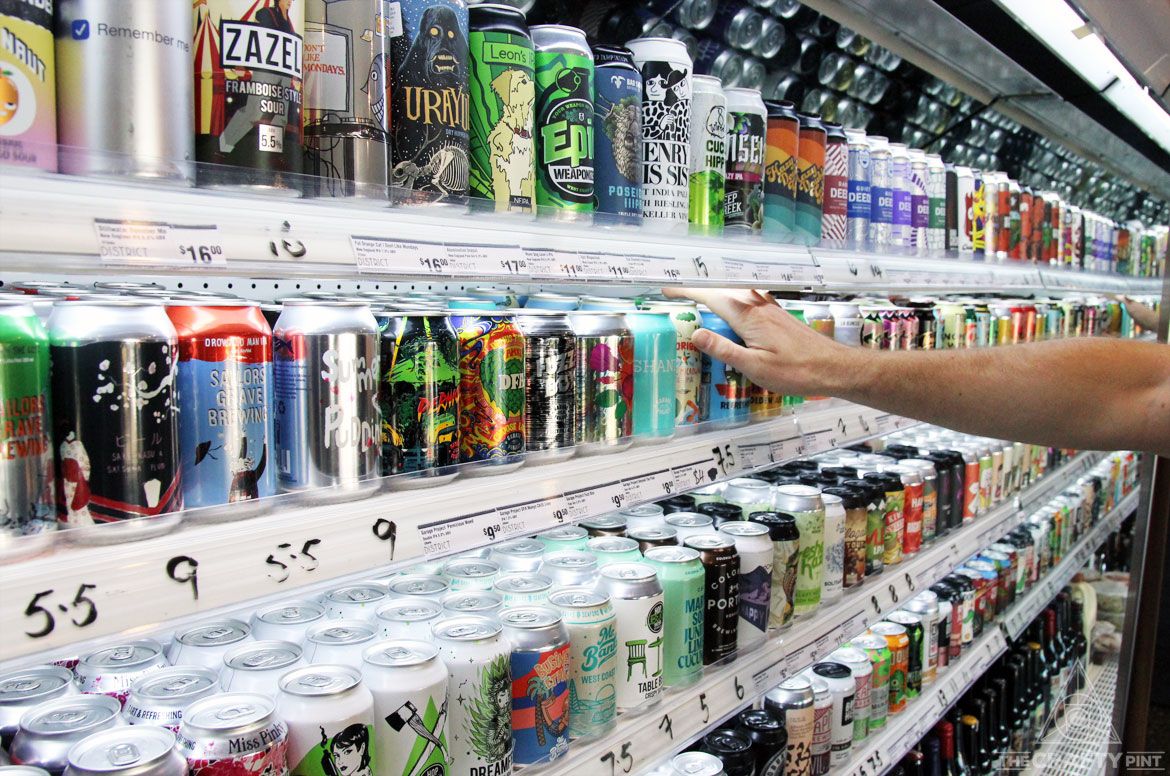
Jayne says employers have a duty of care to make sure people aren’t putting their wellbeing on the line, rather than expecting staff to do it themselves.
“Otherwise the employee has to take back control which, when you’re in a stage of burnout, is pretty damn impossible,” she says.
Phil says that, when it comes to sales, burnout can also be driven by the role itself, particularly in a saturated market in which independent breweries face challenges such as a lack of free tap points, rising costs, and changing consumer habits.
"Given the industry’s never-ending drive for growth, it can feel as if you are constantly chasing bigger numbers each month,” he says. “The goal becomes to always best the last, typically without proper acknowledgement or recognition for great work that's been done."
It can make it hard to take any time off.
"You worry you’ll lose ground with accounts you've worked hard to obtain in such a competitive but narrowly available sales field. A lot of reps find they need to remain contactable even when on leave,” he adds.
He says the industry has largely changed for the better in terms of staff treatment, but believes the nature of sales and current market conditions make the moment ripe for burnout. He points to how impacted bar and bottleshop owners and managers are by current pressures too, and how reps can be dealing directly with operators worried about their own survival.
“The last three years are the most difficult any professional has had in this industry,” he says. “I think you’re seeing a higher burnout at a higher level for professionals because people are facing challenges they’ve never had to before.”
While he fears the situation will likely get worse before it gets better, he does see one positive.
“Fortunately, I do think the willingness to talk about it is far greater than before, and the understanding is far greater.”
What's more, as Jayne points out: owners aren’t immune to burnout. Since launching Full Colour Life, she's worked with founders and thinks small business owners are often teetering on the edge of burnout.
“The founder life is really lonely: you do feel like you have to put on some kind of front,” she says.
“I remember turning up to things where I just had nothing to give and I would have stayed in bed if I was able to."
Managing Burnout
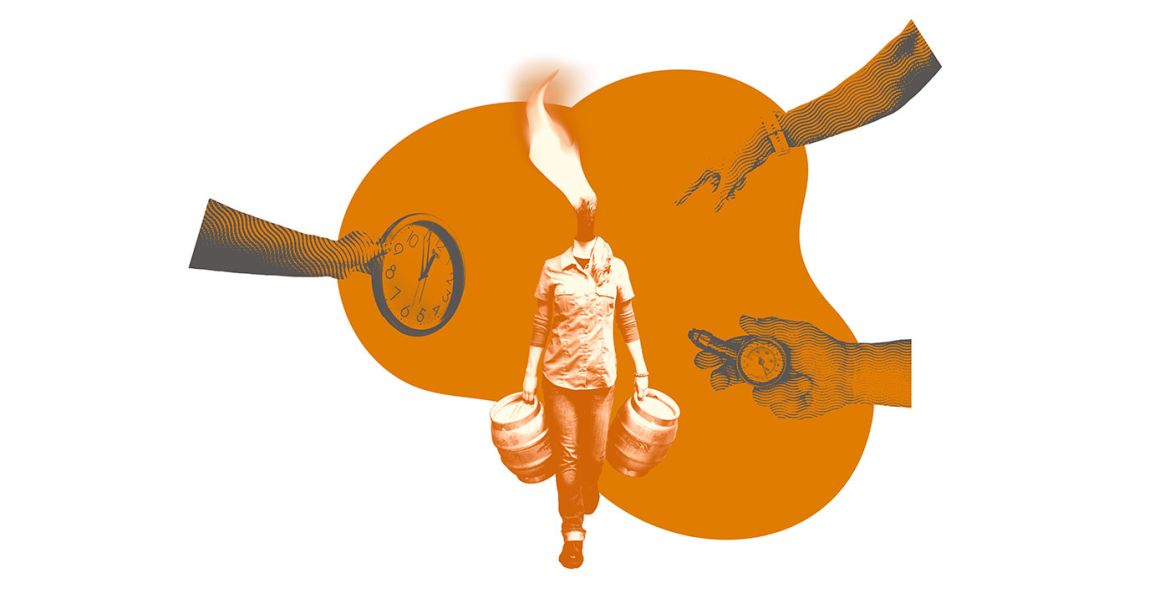
“To me, burnout is an equation," Jayne says. "You've got a bunch of things in your life that add energy to you, and a bunch of things that take energy away.
“If you look at something like events, as an introvert, that's going to take your energy away. And if you’re not doing enough things to add the energy back in, like spending time with the people that you love, then you just end up depleting and depleting and depleting.”
Recovery from burnout doesn’t just happen, it requires proactive work. If you or someone you know is experiencing burnout, she provides the following guidance on where to turn and what to do.
Where To Go
- Seek Support
Reach out for personal and professional support to help you through. If the company has an Employee Assistance Program, take advantage of any sessions you have access to. Sadly, the number of people who have experience with burnout is high, so seek out others who have had similar experiences and who can speak openly. - Set Boundaries
Establish clear boundaries between work and personal life. To me, this is one of the most important steps. Burnout is the result of prolonged stress, so it’s a way that you can protect yourself and your time. Write down what you need to do like working hours, particular tasks, communicate it and most importantly, commit to it. You will need to say no to some things that you previously said yes to, so people around you may find it difficult as you are changing behaviour, but it will get easier as you tell people what you will and won’t do. If you haven’t had boundaries before, then you personally might find it difficult to uphold, but remind yourself that this is you having your own back and looking after yourself. And by compromising your boundaries, you are putting the needs of others ahead of your own. - Prioritise Self-Care
Engage in self-care activities like exercise, creativity, play, connection and relaxation to restore your sense of wellbeing. Often when we are working long hours, the first thing to go is looking after yourself but putting aside time just for you has incredible value. Make a list of the things that make you smile, make you feel good and recharge your battery and commit to doing these at whatever frequency makes sense to you. As you are recovering, take into account the lack of motivation you might be feeling and keep these steps small and easily achievable. This is not another thing to add to your “to-do” list and aim to build these up as you start to recharge. - Take Time Off
Take a break from work to recover as it may be needed to regain your mental and emotional health. Expect the recovery time to be in the region of months, as opposed to days; many people talk about it taking a year or so to recover and this was my own experience.
While At Work
- Find Value
Seek to find meaning and value in your work to combat burnout. - Communicate
Have an open and honest conversation with your supervisor or HR about how you're feeling and what can be done to improve your work situation. - Here’s a framework that might be helpful:
- This is the way that I have been feeling: low motivation, disengaged, irritable, drained.
- These are the things that I see that are contributing: lack of clarity, workload too high or monotonous.
- This is the sort of thing that I need to recover: more information, time off, reduced hours, reduced workload.
Prevention Methods
- Manage Your Workload
Take control of your work responsibilities and ensure that your workload is manageable and aligned with your role's expectations. Don't be afraid to discuss adjustments with your supervisor if necessary. - Promote a Supportive Work Environment
Be an advocate for a workplace culture that values well-being and supports its employees. Share your concerns and ideas with colleagues and superiors to foster a positive atmosphere. - Take Regular Breaks
Prioritise taking short breaks during your workday to refresh and recharge. These moments of relaxation can help you maintain focus and reduce stress. - Foster Your Work-Life Balance
Make a conscious effort to balance your work commitments with your personal life. Set boundaries to ensure you have time for relaxation, hobbies, and spending quality time with loved ones. - Engage in Well-Being Programs
Take advantage of well-being programs and initiatives offered by your workplace. These programs can provide resources and support for your mental and emotional health.
Your mental and emotional health should be a priority in your professional life, she adds, but it takes proactive steps to address the causes of burnout.
Jayne plans to host a workshop about managing burnout in 2024. If you're keen to take part, then keep an eye on The Crafty Pint and Full Colour Life's LinkedIn and Instagram for further details.
*Names have been changed.


